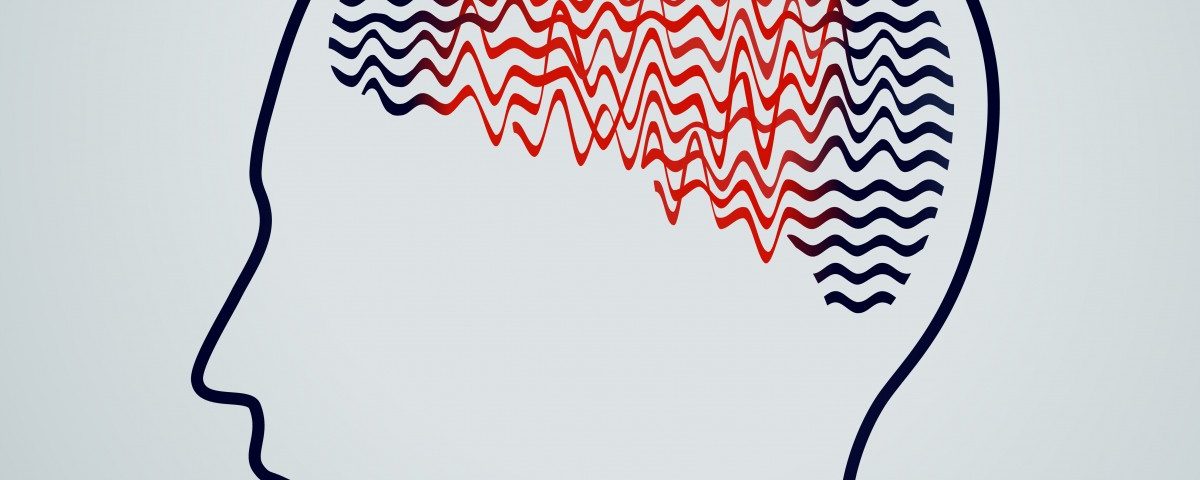Dealing with Seizures and Multiple Sclerosis
Written by |


When you’ve lived with multiple sclerosis (MS) for as long as I have, you sometimes forget or block out negative experiences you’ve had over the years. As The Rolling Stones put it, “Time is on my side.”
One particular memory seems distant, but I know it’s real, and unfortunately, the cause of this unpleasant recollection is chronic.
We built our first home in 1994. It was a beautiful ranch sitting on two acres of land. Our son was 16 months old, and we were excited to begin our life as a family in a gorgeous setting. The house required a lot of work between construction plans and decorating, but we had no complaints. We knew we were blessed.
Then one day, we went shopping at a local hardware store to choose bathroom tiles. As I pushed my son in his stroller, I felt an odd sensation, a kind of aura that’s difficult to describe. I had been diagnosed with MS eight years earlier but had never experienced anything like this before.
My mind went blank. I didn’t lose consciousness, but I had a feeling of being lost in a dark place, bombarded with horrible images. I yelled for my husband who came running, took the stroller, and led me to a chair. My thoughts were frightening and eerie. Though the episode lasted mere seconds, it felt like an eternity.
After several subsequent episodes, I called my neurologist, who examined me, then recommended I see a specialist in seizure disorders for an overnight evaluation. They observed my brain disturbances as I slept, using special probes placed on my head. It was similar to a test carried out in a sleep center.
I had the probes removed the following day. My doctor explained that I had partial complex seizures, now called focal onset impaired awareness seizures. According to the Epilepsy Foundation, focal onset impaired awareness seizures begin in one area or side of the brain. The person affected can become unaware of their surroundings. Particular unintentional actions can accompany these seizures such as lip smacking or fumbling. Treatments include medication, diet, surgery, and devices.
My doctor prescribed gabapentin, an anticonvulsant medication used to prevent seizures in epilepsy. I’ve been taking this medication for over 20 years and had only two breakthrough seizures. For me that outcome is miraculous.
According to the National Multiple Sclerosis Society, seizures are uncommon in MS, with an estimated 2-5 percent of the MS population affected.
MS can leave you with odd symptoms that may or may not be related to your disease. Listen to your body because it’s telling you something. If your symptoms persist, consult your doctor. I’m glad that I did because I don’t want to travel down that black hole again.
***
Note: Multiple Sclerosis News Today is strictly a news and information website about the disease. It does not provide medical advice, diagnosis, or treatment. This content is not intended to be a substitute for professional medical advice, diagnosis, or treatment. Always seek the advice of your physician or other qualified health provider with any questions you may have regarding a medical condition. Never disregard professional medical advice or delay in seeking it because of something you have read on this website. The opinions expressed in this column are not those of Multiple Sclerosis News Today or its parent company, Bionews Services, and are intended to spark discussion about issues pertaining to multiple sclerosis.



Pamela Brown
I have RRMS..This article has got me thinking. I have these on going episodes where I feel really weird in the head. I feel like I'm going to just drop dead then and there..it happens so quick it only last s not even a minute..I'm clamy and breathless when this happens...I wonder if I am having a little seizure......
Cathy Chester
I am sorry you are having such issues, Pamela. I urge you to speak to your doctor and discuss them since I am not a medical professional. I hope you find answers to why you are experiencing these symptoms. Best of luck and keep us posted.
Cathy
ElizM
I was so glad to see this post, there seems to be very little information about how MS and seizures may be interrelated. I also found myself dealing with seizures several years ago, after I mistakenly took an extra dose of Ampyra one night. Completely my fault, but I had several additional scary seizures over the next few years until I finally relented, followed my neurologist’s advice, and started taking keppra. No seizures since. You make a very good point. Just because we have MS doesn’t mean we can’t also develop other health issues. You need to pay attention to what your body is doing and telling you, and talk to your doctors.
Danny
My mother has recently suffered from a seizure 4 days ago. She was sent to the e.r and they ran a million test before they discovered that she had a seizure. It was a very scary moment and I would never want it to happen to her again. A nurse stated that rebif or interferons can cause seizures. We are now wondering if she should switch. Preferably to a pill.
Thanks for you article and the fact that you recently wrote it makes me feel even better!